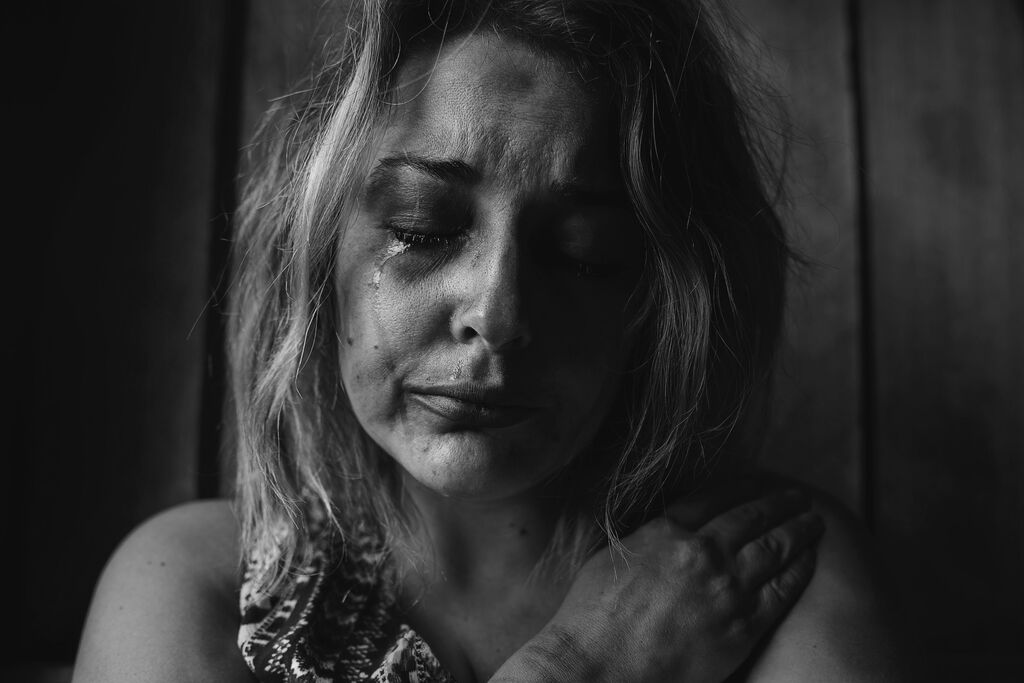Not for sale
We believe people were made for purpose, not purchase. Exploitation within the sex industry affects some of the most vulnerable in our society. As Christians, we are called to bring freedom and restoration to those who are oppressed and abused in the commercial sex trade. We are working for laws that will end the demand for exploitation and human trafficking, and help individuals to exit prostitution.
We want the Government to:
1. Tackle demand for prostitution by:
- Reviewing the laws on prostitution, particularly the operation of Section 14 of the Policing and Crime Act 2009, and their impact on demand for commercial sexual exploitation and trafficking.
- Introducing legislation in England and Wales to make purchasing sex a criminal offence in all circumstances as in Northern Ireland.
- Ensuring that policies around prostitution are designed to reduce the number of people entering prostitution and supporting people to exit rather than promoting a “harm-reduction” approach alone.
2. Support women to exit prostitution by:
- Providing designated funding for specialist support services that assist people to exit prostitution.

Prostitutes have rates of PTSD similar to that of war veterans
Tackling demand
At its most fundamental level prostitution is driven by the demand of those, mostly men, who pay for sexual services. Tackling the demand for paid sexual services and addressing the market for prostitution is crucial to preventing the exploitation of vulnerable people.
Sweden, Norway, and Iceland have introduced laws to criminalise the purchase of sexual services, which they report to be effective in changing attitudes towards commercial sexual exploitation and reducing levels of prostitution and trafficking. More recently Canada, Northern Ireland and France have adopted this approach in 2014, 2015 and 2016 respectively. It has also been endorsed by the European Parliament and the Council of Europe Parliamentary Assembly
CARE is calling for a law which criminalises all purchase of sexual services without the need to prove coercion based on the successful Nordic approach. We believe that this is the only way to address effectively the demand for sexual services, which exploits the vulnerable and creates a market for trafficking.
Following the introduction of the Nordic model in Sweden in 1999, reports have shown that there has been a decrease in overall levels of prostitution, a reduction in on-street prostitution and a significant reduction in the numbers of men saying they have paid for sexual services, from 13.6% in 1996 to 7.5% in 2014.

The harms of prostitution
- Research has shown that 61% of women surveyed reported experiences of violence from buyers of sexual services. A comparative study of prostitution in nine countries with over 850 subjects found that 71% had been physically assaulted.
- Some get involved in selling sexual services at a young age. Many have experienced abuse in childhood with Home Office data showing 45% report experience of sexual abuse and 85% physical abuse during their childhood. Many have spent time in local authority care.
- Studies show that high numbers of women in prostitution have experienced coercion from a partner, pimp or relative and that incidents of violence are much higher than in the rest of society.
- Drug and alcohol misuse is a problem for many. Numerous studies have found between 50% and 95% of women in street prostitution are addicted to Class A drugs. The links between prostitution and organised crime are also well established.
- There is also a link between prostitution and trafficking for sexual exploitation. Whilst most people in prostitution have not been trafficked, many women and children are trafficked to provide sexual services. In the EU 69% of all trafficking victims identified have been trafficked for sexual exploitation. Research indicates that a large proportion of women in prostitution are migrants, many of whom have been trafficked or are vulnerable to exploitation.

Points to make
In your email to your MP, please use these suggested points:
- Ask your MP to put pressure on the Government to review the laws on prostitution, particularly the operation of Section 14 of the Policing and Crime Act 2009, and their impact on demand for commercial sexual exploitation and trafficking.
- Ask them to advocate for legislation in England and Wales to make purchasing sex a criminal offence in all circumstances as in Northern Ireland.
- Mention the scale of harm involved in prostitution, outlined above.
- Ask them to ensure that policies around prostitution are designed to reduce the number of people entering prostitution and supporting people to exit rather than promoting a “harm-reduction” approach alon
- Ask them to ensure there is designated funding for specialist support services that assist people to exit prostitution.

